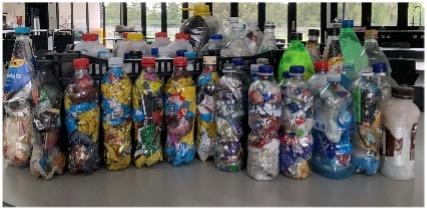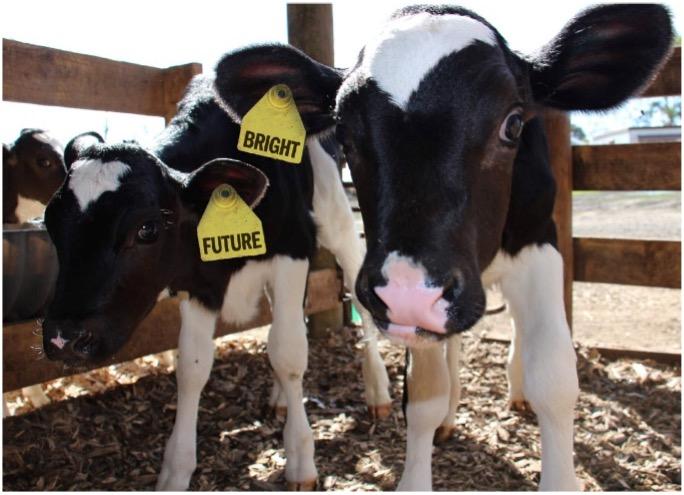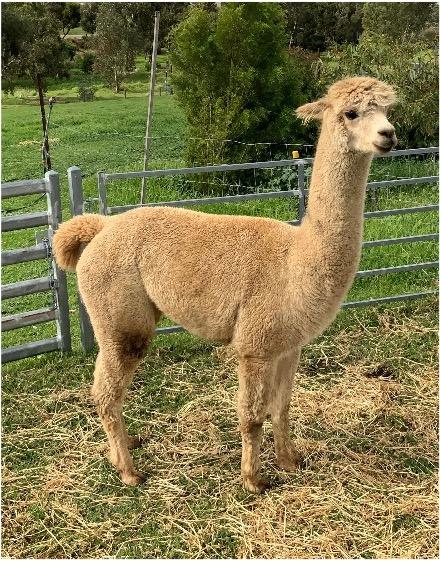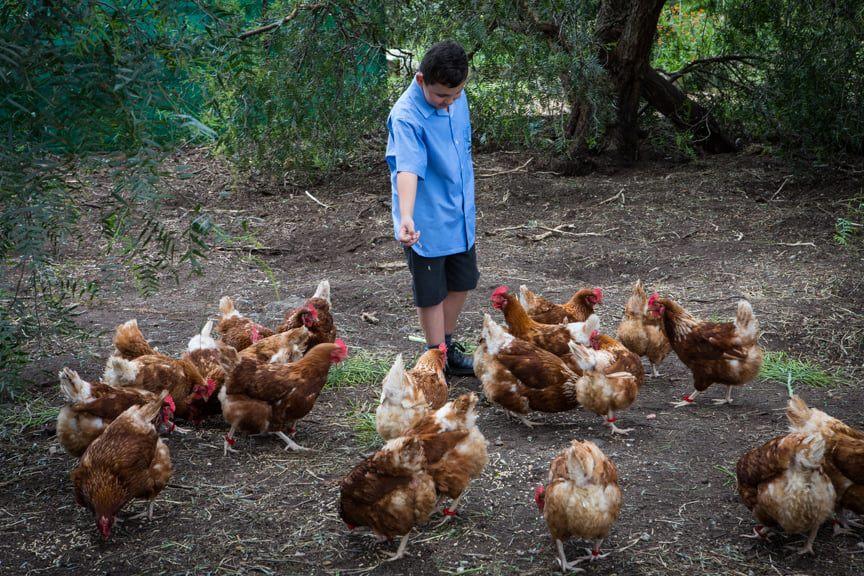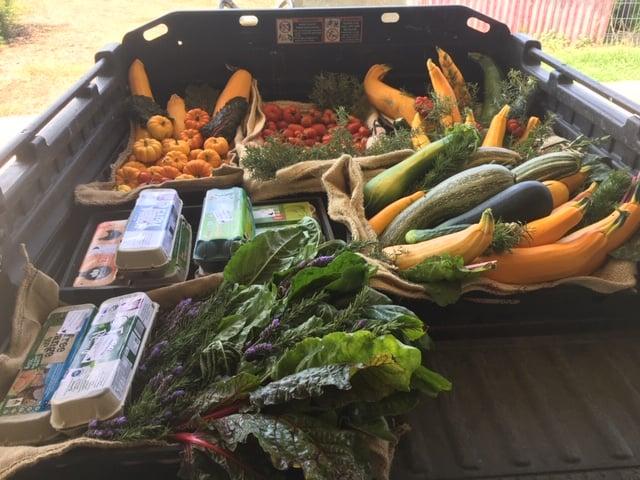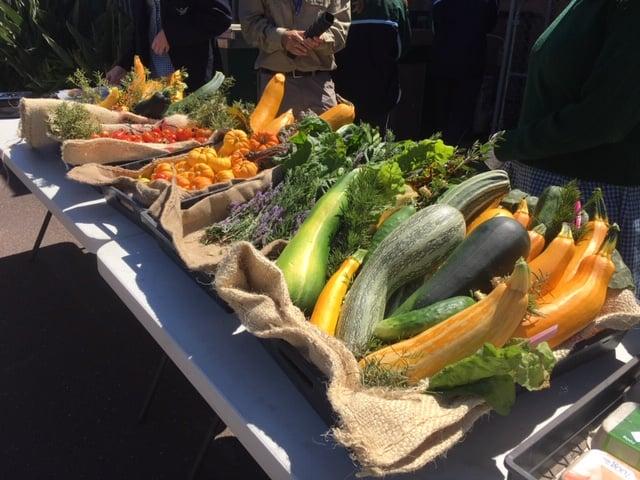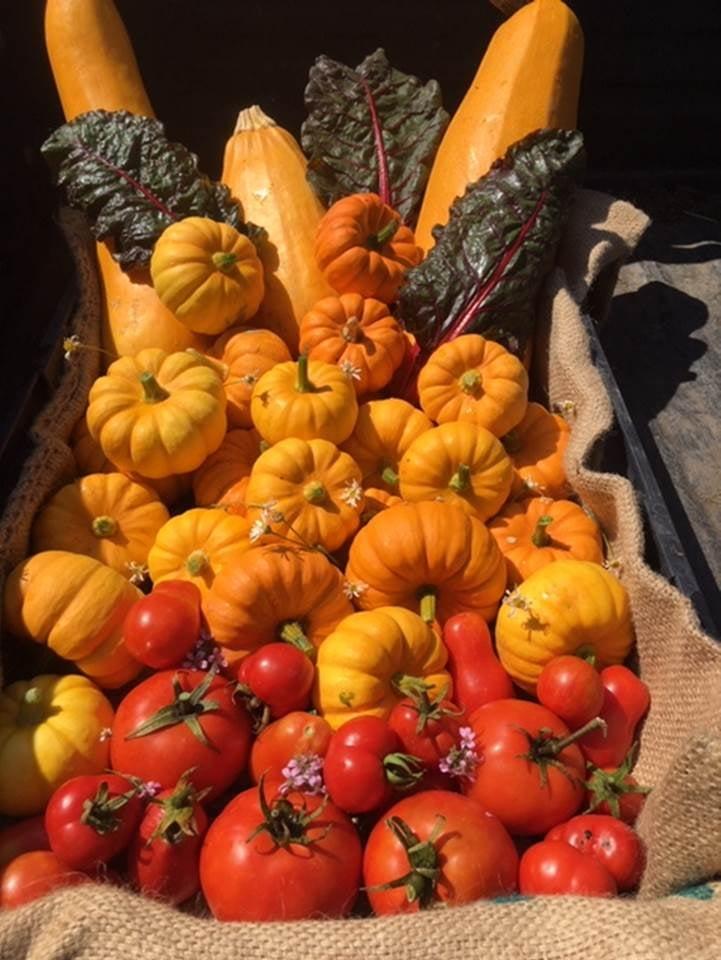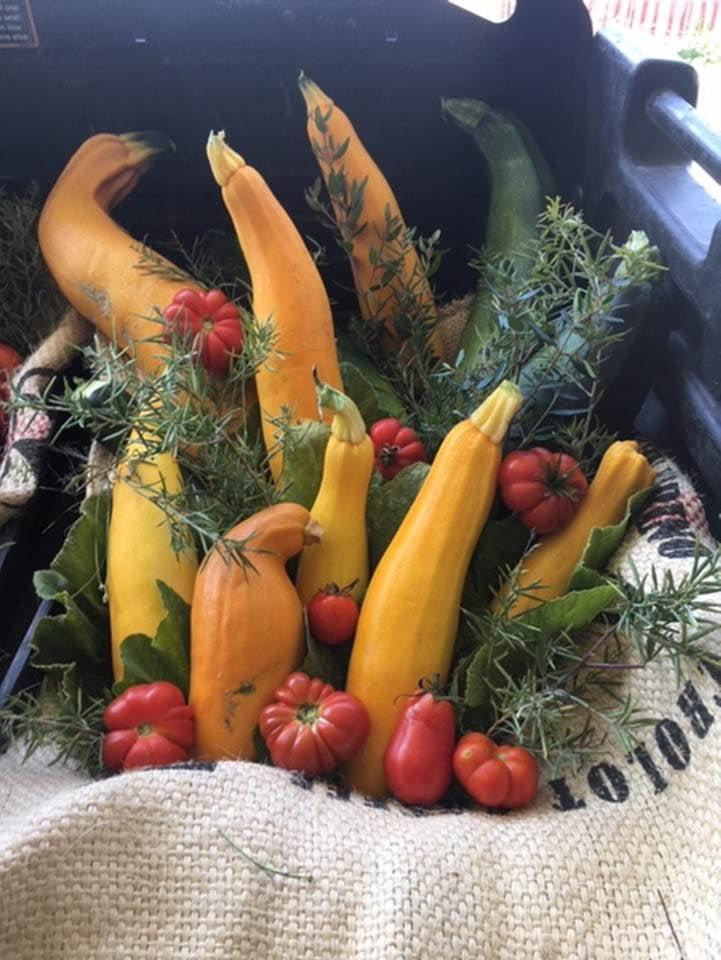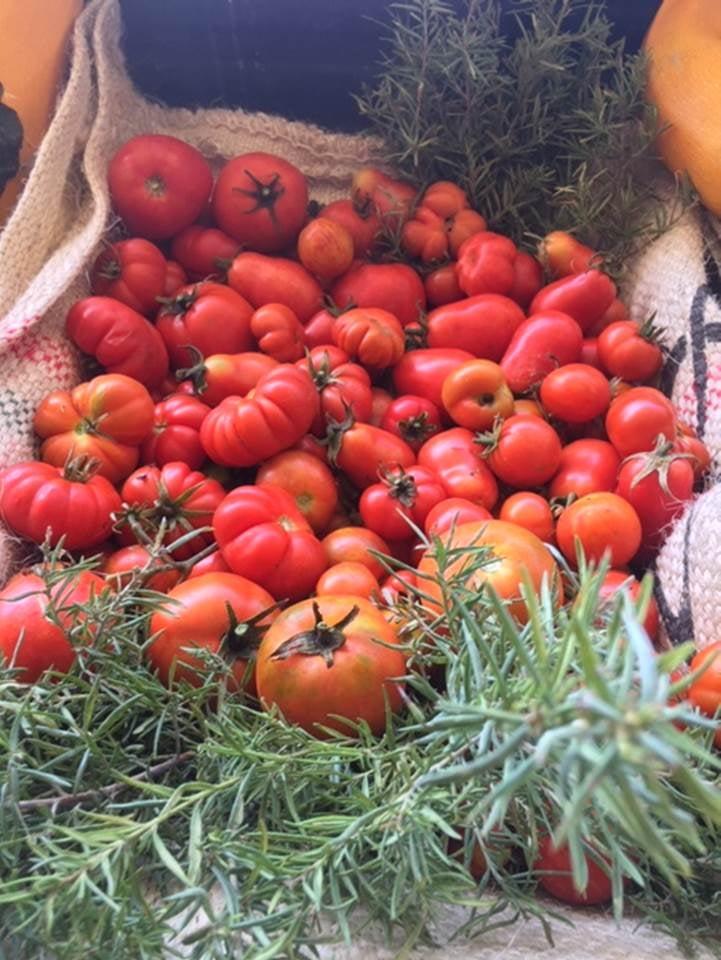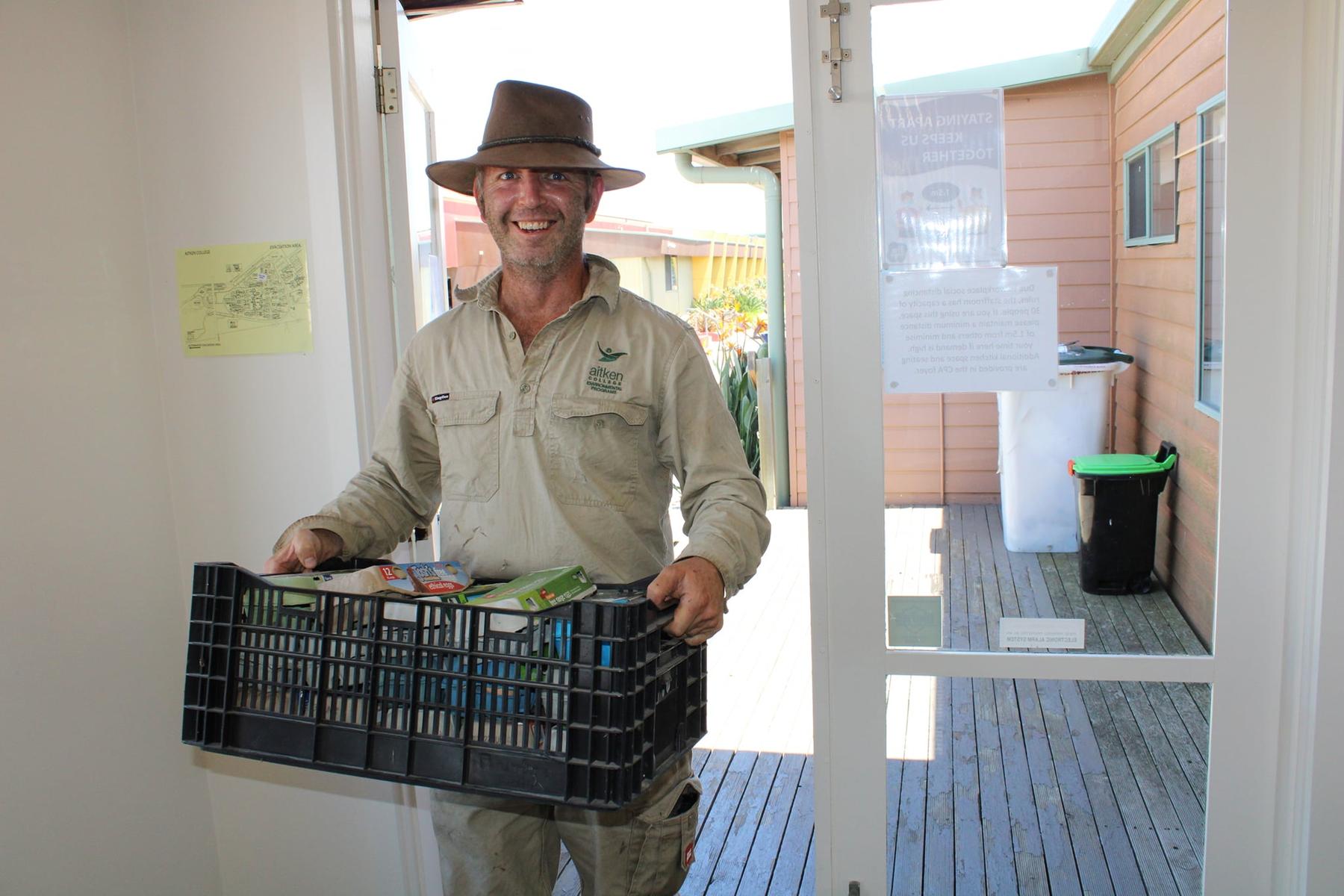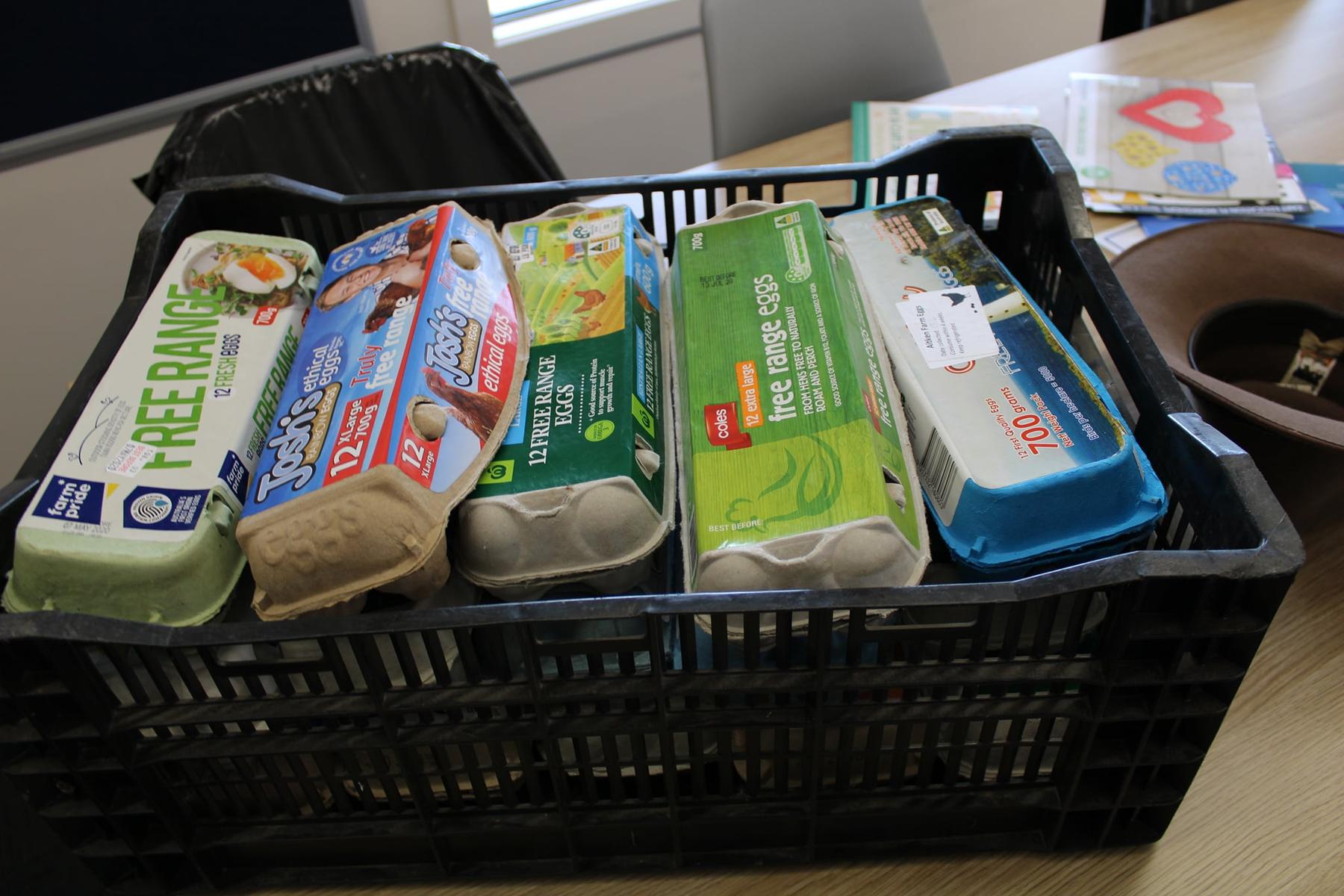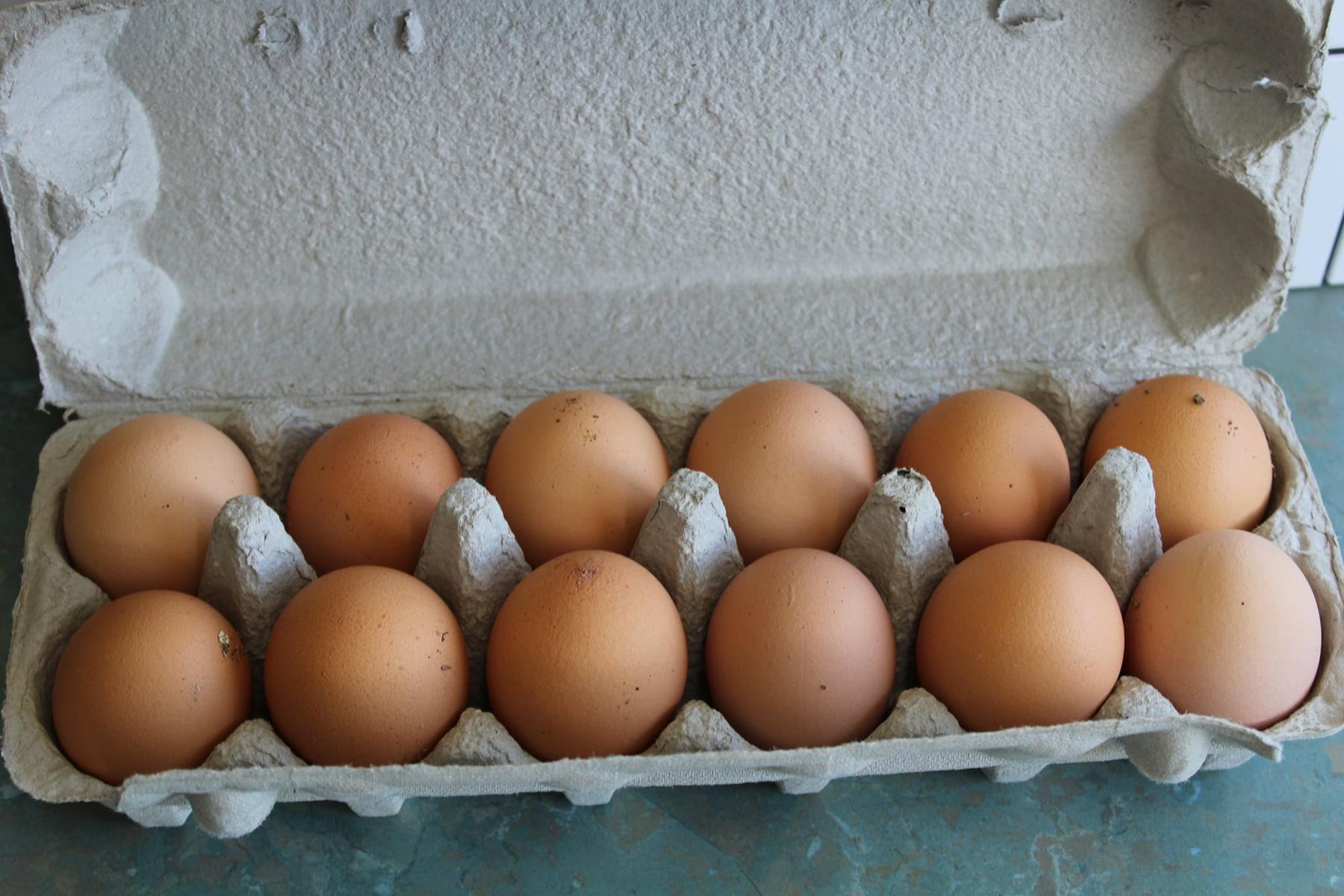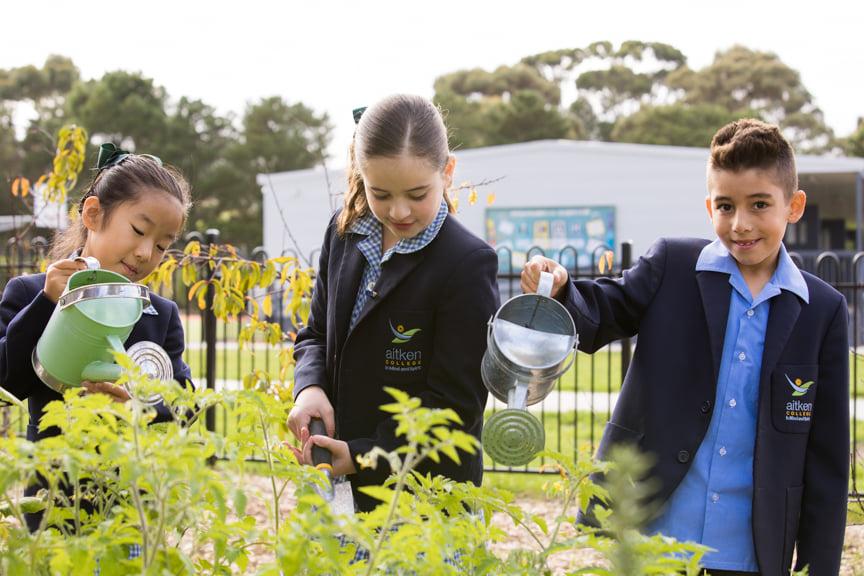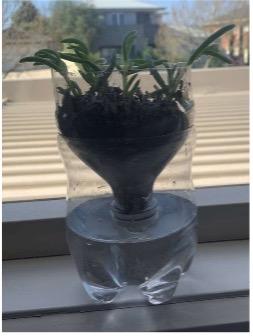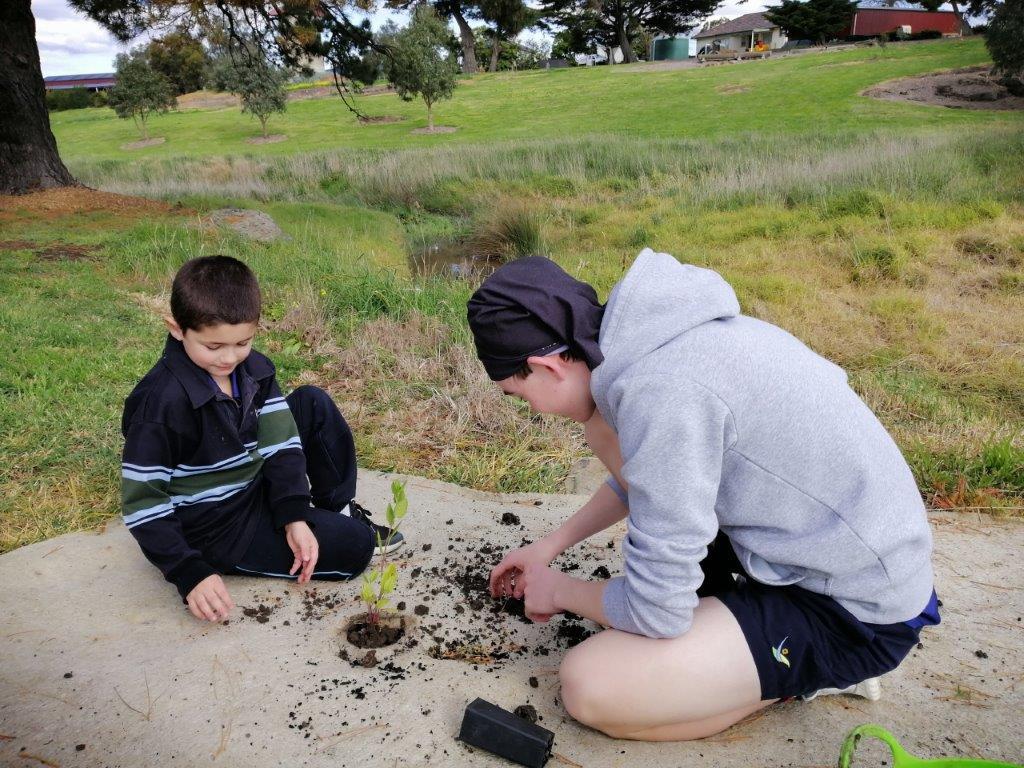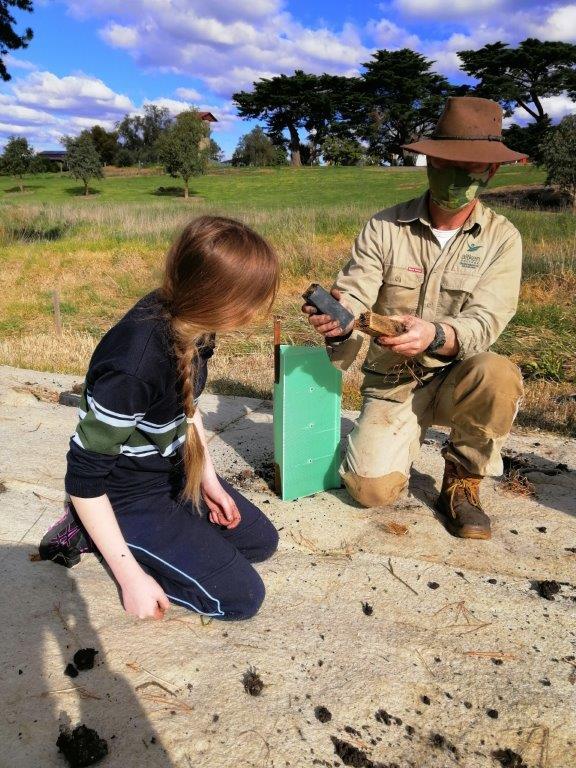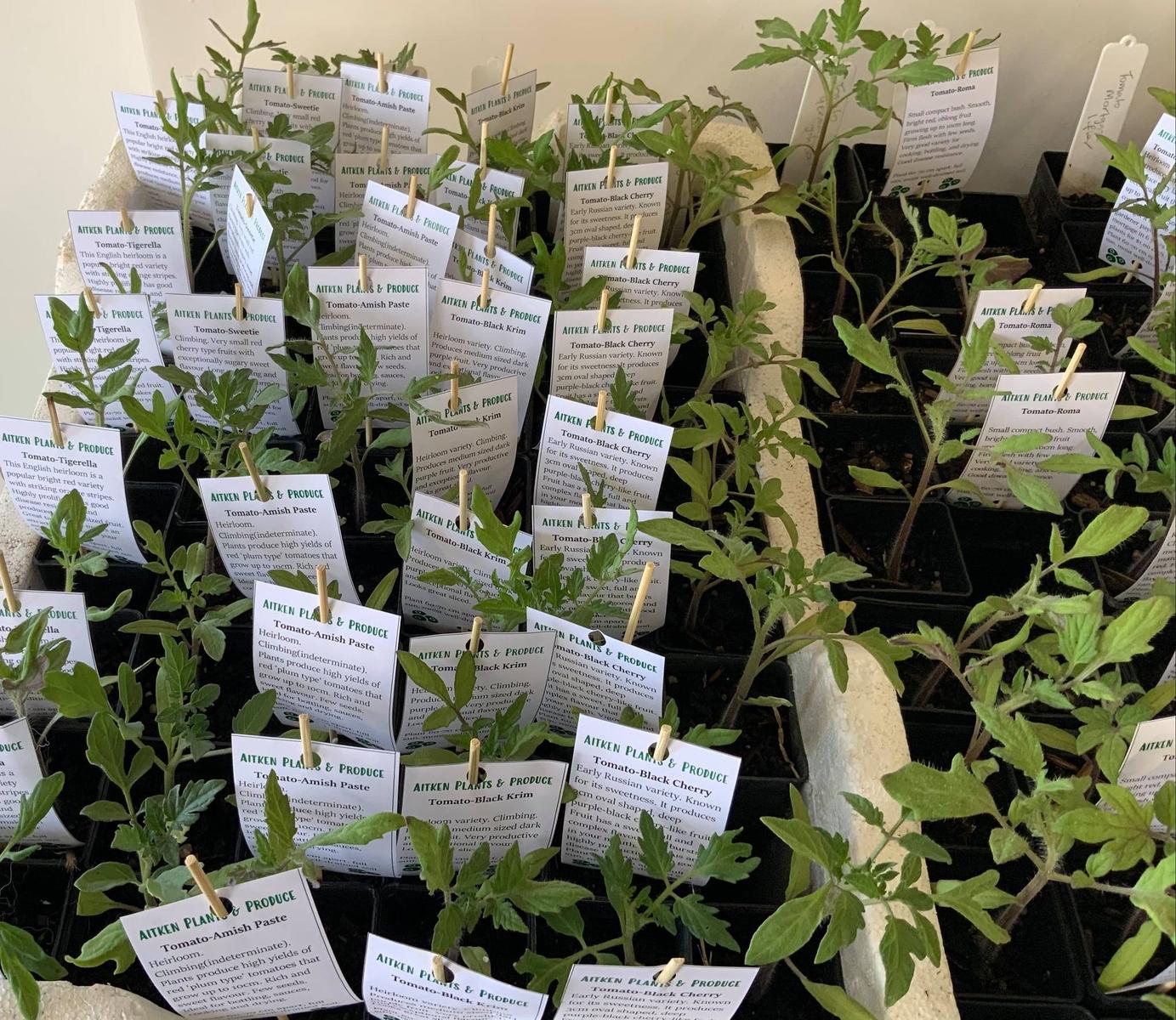Sustainability, Environment & Agriculture Report
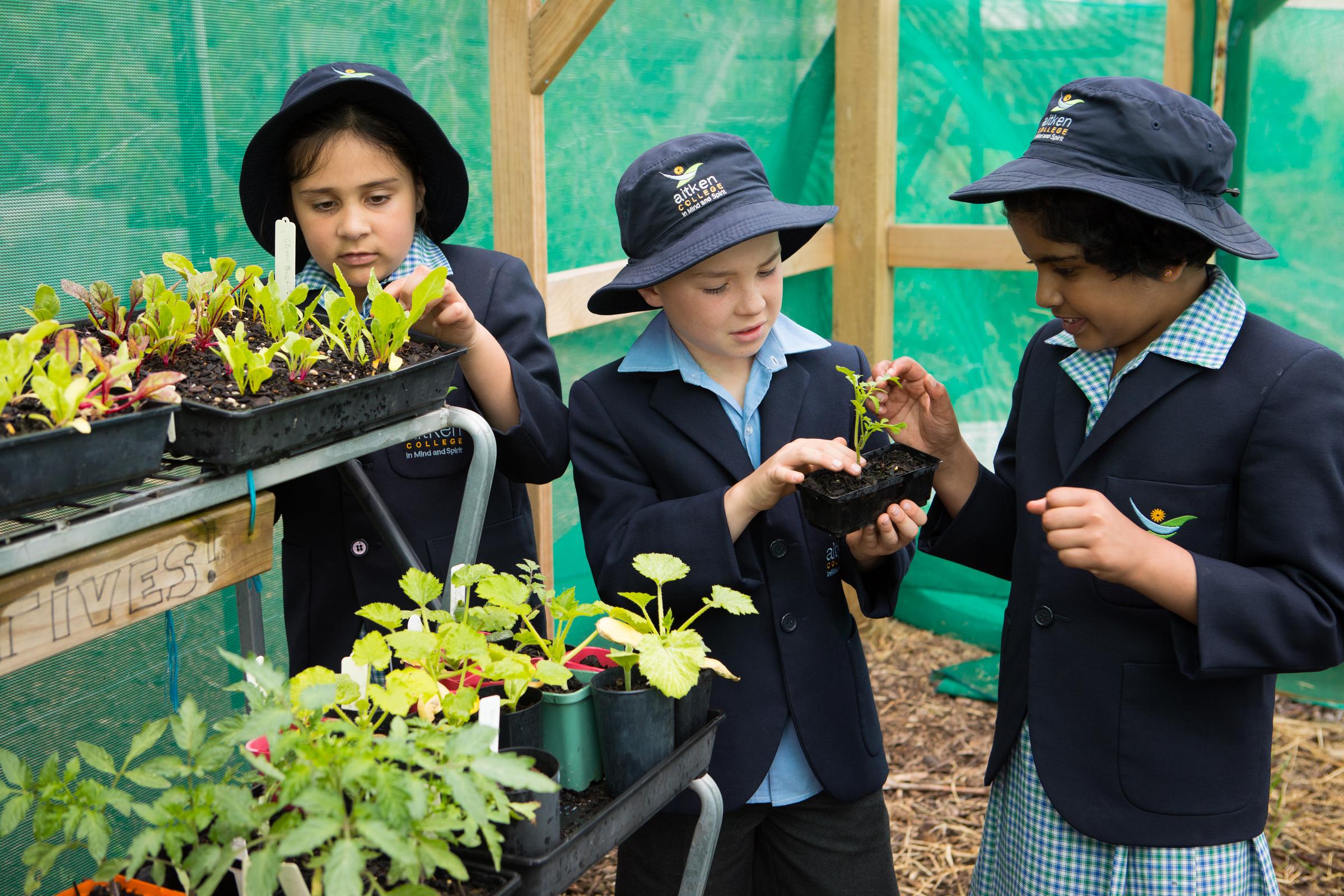
According to an article published in Nature Climate Change, daily global carbon emissions were down an average of 17% in April compared to the same time last year due to widespread shutdowns in response to the pandemic. In some countries that figure was as high as 26%. A silver lining of this extremely challenging year is the environmental benefits that have emerged as a result of reducing daily transport and halting interstate and international travel.
Of course, these benefits are only temporary. As we start to enjoy the easing of restrictions, our carbon emissions creep back to ‘normal’. We should keep in mind though, that it is possible to simplify our lives to minimise our impact on the environment. Throughout the year, students at Aitken have continued to participate in activities that benefit the environment.
For example, the Iso-EcoBricks initiative has rescued more than 30kgs of soft plastics from ending up in landfill, not to mention the sustainable structures that will be made from the bricks collected. The Aitken Community has also enjoyed sitting back and observing wildlife in their own backyards. The impressive collection of photos shared by Aitken families is a reflection of their connection to nature that have formed throughout the year. Developing our relationship with the natural environment has a direct effect on the likelihood that our day-to-day behaviours will become more environmentally sustainable. The choices we make every day, such as using re-usable bags, reducing the waste we send to landfill by recycling more and cutting back on unnecessary transport, all contribute to converting short-term environmental benefits of pandemic restrictions into long-term outcomes.
Subjects offered in the Environmental Studies faculty thrived this year, despite obvious challenges. The VCE Environmental Science class ran for the first time this year since 2014 and will continue next year, with hopefully more opportunity for practical experiences at the College. Having said that, Environmental Studies staff worked tirelessly to incorporate hands-on activities into their remote lessons. For example, the usual Year 10 Agriculture Cows Create Careers program went ahead, albeit slightly modified. It was delivered digitally so students were still able to enjoy the 3-week old calves, including being a part of their care and development during the time we participated in the program.
Year 10 Environmental Studies students created DIY Environment Projects such as home-made bird feeders and self-watering flowerpots made from recycled materials. This not only contributed to their Home Learning experience, but it also gave other members of the College the opportunity to get involved in environmental arts and crafts. Year 9 students were also engaged in agricultural and environmental activities at home, including: observing videos of animal care and plant propagation filmed live at the Aitken farm. Overall, Environmental Studies subjects have provided enriched learning experiences related to possible career pathways and student interests in general. It has been an honour seeing students engage in environmental and agricultural learning at Aitken, which will no doubt develop into life-long learning about and for the environment.
The Year 10 agriculture students learnt how to round up the Alpacas and administer drenching for destroying internal parasites and worms. These students also learnt how to manage a market garden, with growing food sustainably for now and the future. Plant production by propagation of vegetable seeds enabled students to investigate a variety of methods, germination rates and yield outcomes.
The Year 9 students conducted chicken investigations that included chicken diet, environment of free range enclosures, and feed regimes that affect egg quality. These investigations were practical, engaging and scientific in nature.
Both year levels were introduced to revegetation of native and indigenous plants with a focus on plant ecology, wildlife habitat such as frogs, and improving our schools water ways. We currently plant about 800 indigenous and native plant each year, and endeavour to increase this to about 3000 plants per year in the future, as we improve our propagation techniques and investigations.
We are very proud of Aitken students, staff and families for their continued support of environmental programs and sustainability.
ResourceSmart Schools Certification
The school was recently advised that we have been recognised as a 4Star certified school after completing the Core Module, Water Module, Waste Module and Energy Module as part of the certification. Achieving 4Star status recognises the College’s commitment to creating sustainable practices, infrastructure, integrated learning and acting on climate change. Thank you to Mr Dwayne Ganci, Sustainability Coordinator, the staff and students who have worked hard to achieve the certification.

